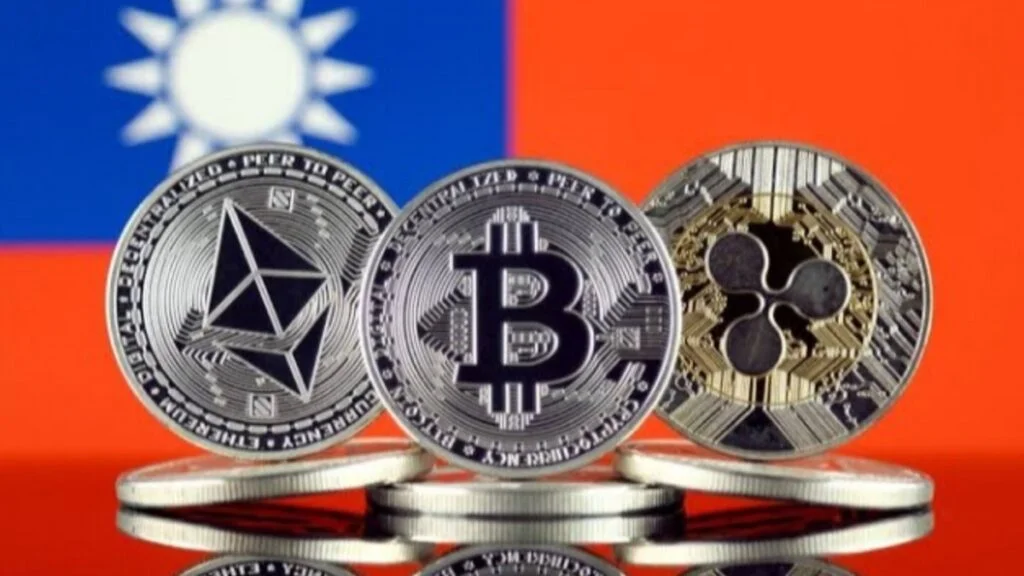Taiwan’s warning against crypto betting for the next presidential election highlights the legal concerns and election law violations.

While Taiwan is getting ready for the January 13, 2024, presidential election, authorities have warned against using cryptocurrency betting sites to bet on the election result.
This warning coincides with a wider investigation into illicit internet gambling, in which several Taiwanese people are already being questioned for their participation.
Taiwan’s Election Betting Attracts Legal Attention
Taiwanese authorities are concerned about using decentralized platforms like Polymarket for election betting as the presidential contest heats up. Officials have underlined that any gambling on the elections could carry major legal consequences, despite the notion held by some users that on-chain transactions for betting do not violate local regulations.
Article 88-1 of the Election Law regulates such actions, and violations of it can result in fines of up to NT$100,000 or in criminal incarceration for up to six months.
The authorities have also made note of the traceability of money transactions from centralized exchanges to betting platforms and have advised the public to avoid engaging in any gambling activity that could violate election or recall laws.
This warning is critical considering how delicate Taiwan’s election period is. The problem of cryptocurrency betting is wider than Taiwan. A significant participant in this market, Polymarket, ran into legal issues in the US in January 2022.
The Commodities Futures Trading Commission (CFTC) charged the platform of running an unregistered and illegal facility from June 2020, citing its substantial trading volume during the 2020 U.S. presidential election.
Election-related Stress Affects Taiwan’s Economic Outlook
In keeping with analyst expectations, Taiwan’s central bank has kept its benchmark interest rate at 1.875% as the island nation prepares for elections. This action is a component of a plan to promote steady financial and economic growth during election season.
The bank, which has maintained rate stability since March, recently revised its estimated economic growth to 1.4% from a more optimistic 3.12% for the next year.
